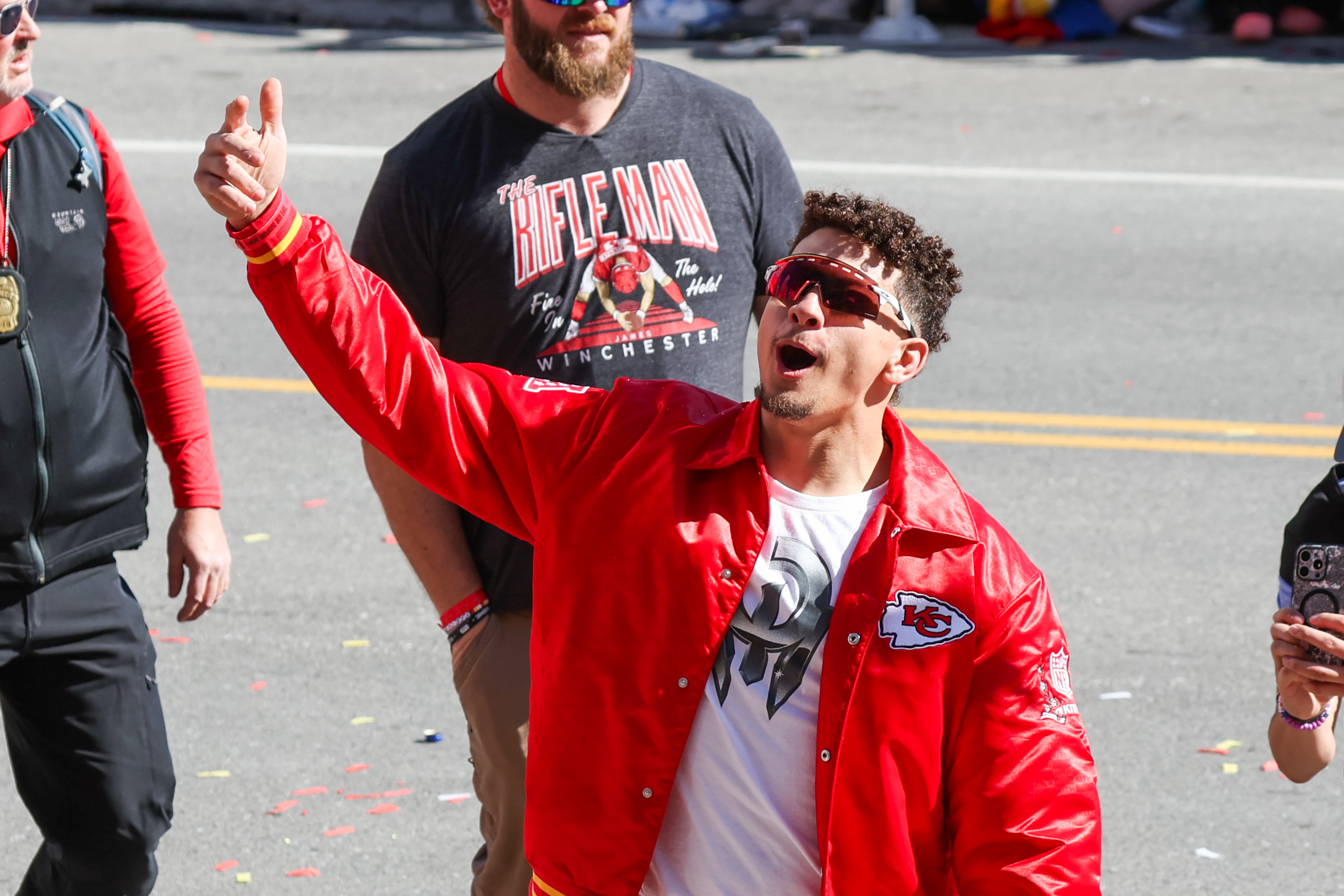Below, a few things to keep in mind during the hot, dry months of summer in Southern California.
Send your hot weather photos to isee@nbcla.com or tag them using #NBCLA.
Staying Cool
- Drink plenty of water, not soda or alcohol
- Limit outdoor activities
- Wear light-colored and light-weight clothing
- Stay out of the midday sun
- Check on senior neighbors
- Know the symptoms of heat exhaustion, such as heavy sweating, muscle cramps, weakness, headache, nausea or vomiting and dizziness.
- Warning signs of heat stroke may include an extremely high body temperature, unconsciousness, confusion, hot and dry skin (no sweating), a rapid, strong pulse, and a throbbing headache. If symptoms of heat stroke occur, immediately call for medical assistance. Move the person to a shady area and begin cooling their body with water.
Public Swimming Pools
Staying cool doesn't have to mean a drive to the beach. Southern California offers many public swimming pools and water parks. Search for one near you by using the links below.
- LA County: Year-Round Pools
- Orange County: Public Swimming Pools
- Riverside County: Public Water Parks
- San Bernardino County: Aquatics Facilities
- Ventura County: Aquatics Facilities
Power Conservation
- Power outages can occur during periods of high heat when residents and businesses crank up their air conditioners at the same time. According to the LADWP conservation is particularly essential from 11 a.m. to 6 p.m.
- Turn thermostats to 78 degrees or higher.
- Turn off unnecessary lights.
- Adjust water heaters to 120 degrees.
- Use major appliances only late in the evening or early in the morning
- Turn off pool pumps.
Pets
- Animals respond differently than humans to heat, so dogs, cats and other pets need special care during hot weather.
- Look for signs signs of heatstroke, such as fast and noisy breathing, difficulty swallowing and distressed behavior. If heatstroke is suspected, pet owners should place a cold, wet towel on the back of the animal's head, and towel-wrapped cold compresses on their back legs and belly. The pet should be immediately taken to the veterinarian to be checked.
- Make sure the pet has fresh drinking water that is served in a large container, instead of a shallow bowl, to allow the water to remain cold longer.
- Give your dog ice cubes to eat or add them to the water bowl.
- Don't leave pets by themselves in cars, and keep pets at home if necessary.
- Avoid burning dogs' paws by keeping them off of hot pavement or concrete during walks. Consider going for walks early or later in the day when it is cooler.
Cooling Centers:



